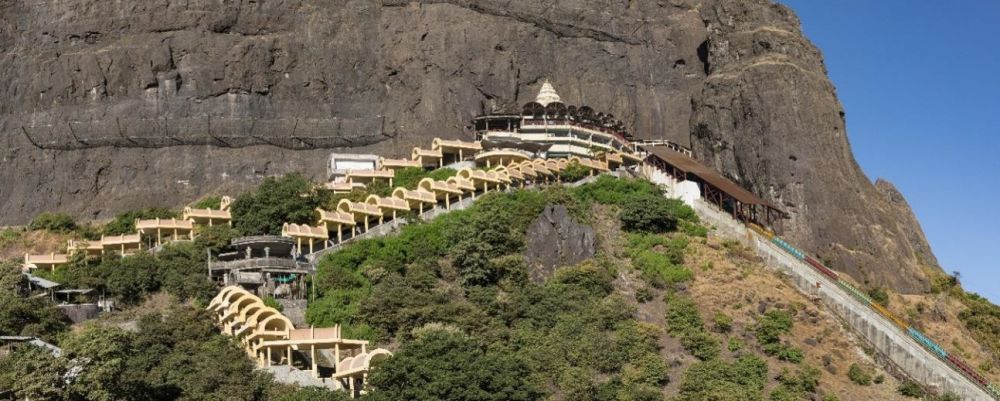

Saptashrungi or Saptashringi is a site of Hindu pilgrimage situated 60 kilometers from Nashik in West Indian state of Maharashtra. According to Hindu traditions, the goddess Saptashrungi Nivasini dwells within the seven mountain peaks. The area is surrounded by verdant environs and is rich in folklore, making it an important spiritual destination.
The history of tourism in Saptashrungi goes back several centuries as it has been a revered site for pilgrims due to its mention in several Hindu scriptures like the Ramayana and the Puranas. It is believed that the Goddess Saptashrungi Nivasini is one of the forms of Devi, the Mother Goddess, making this site particularly sacred for worshippers of the Goddess in Hinduism.
The temple located on one of the peaks of Saptashrungi hills is known for being one of the "three and half Shakti Peethas" of Maharashtra and attracts thousands of devotees particularly during the festivals of Chaitri Navratra and Ashvin Navratra, considered highly auspicious times to visit.
In recent years, the government and local authorities have taken significant steps to make Saptashrungi a more accessible and facilitated tourist destination. This includes:
Digital engagement has become a significant part of tourism trends, with virtual tours and online darshan gaining popularity, especially during the COVID-19 pandemic when travel was restricted.
Eco-tourism is also taking hold, with emphasis placed on maintaining the natural beauty of the region while developing sustainable tourism practices. The surrounding forests are being protected as a part of eco-tourism initiatives.
Adventure tourism is also emerging with trekkers and nature enthusiasts exploring the hills and surrounding areas of Saptashrungi.
The local economy has seen a boost with the influx of tourists contributing to the hospitality, transport, and services sector. Local crafts and produce also benefit from the steady stream of visitors.
The future of tourism in Saptashrungi is oriented towards a balanced approach that respects the religious significance of the area while fostering an inclusive environment for all types of tourists to explore and experience the divinity and natural splendor of the region.